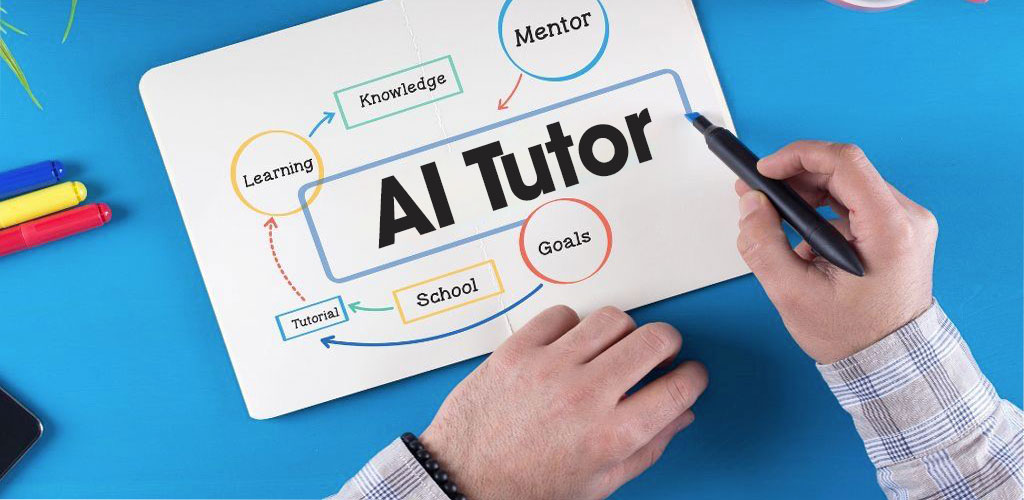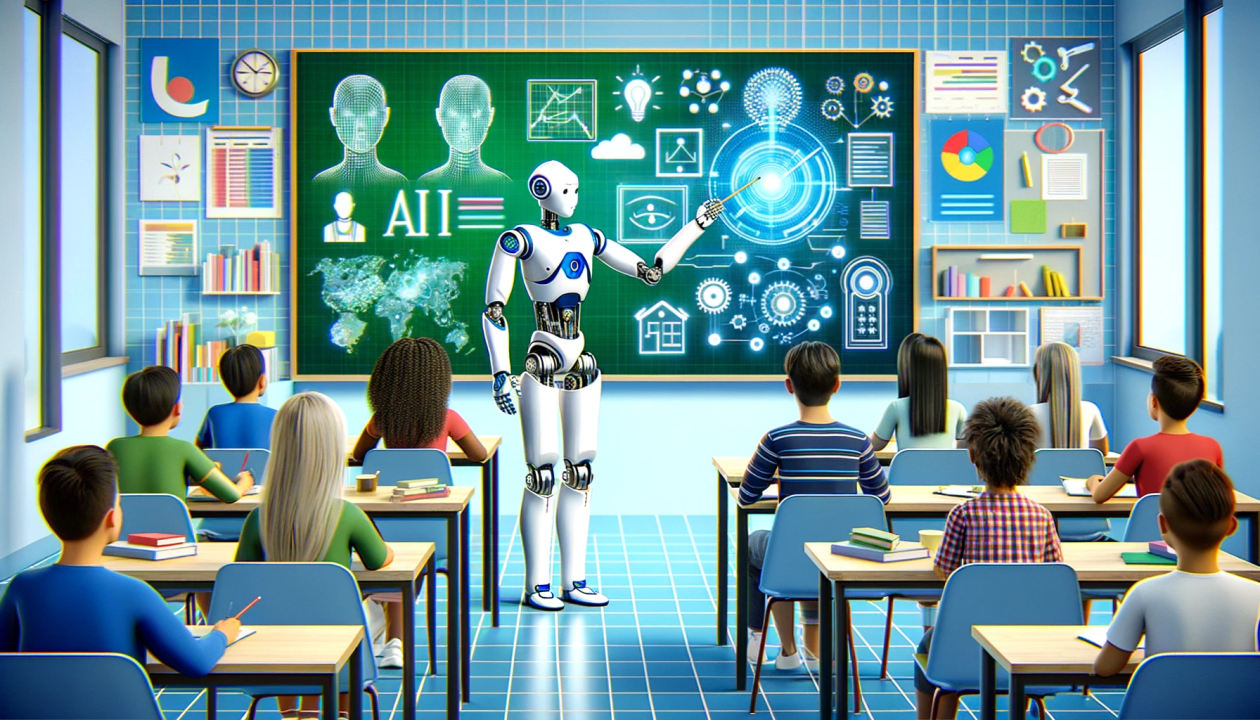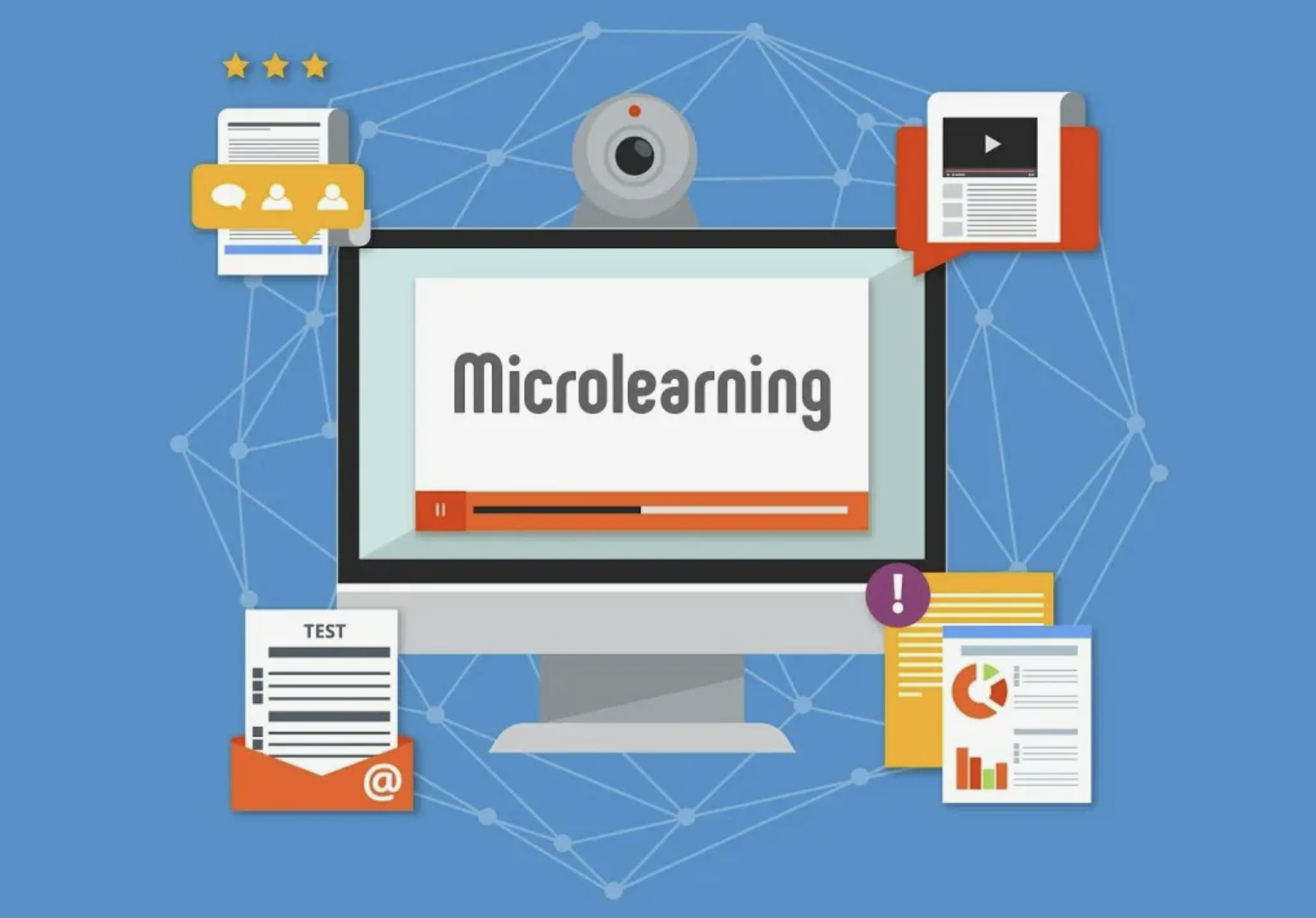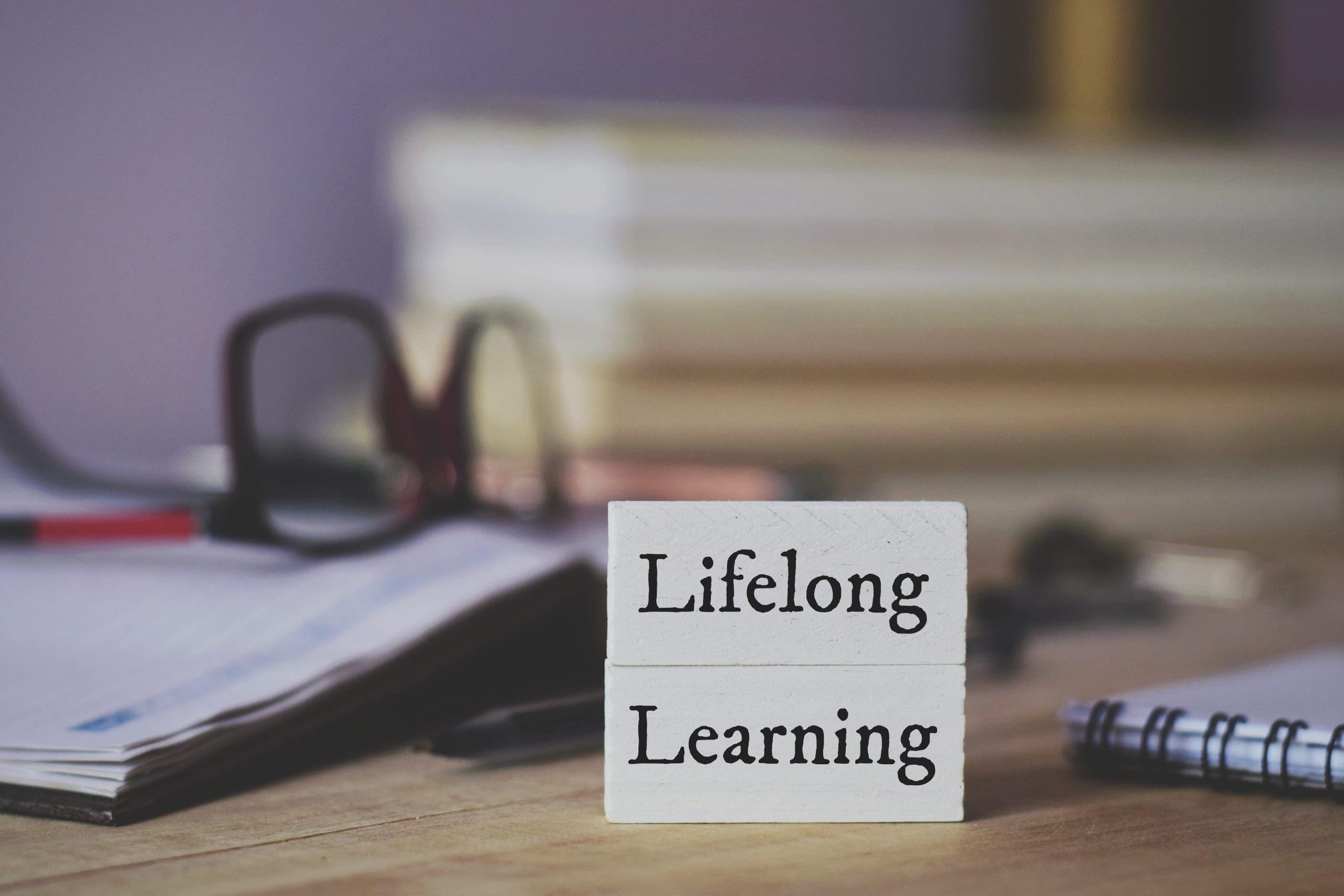You’ve studied for years, passed your exams, paid your tuition—and now you hold a diploma that proves it all. But what happens when you're applying for a job in another country? Or when your university shuts down? Or when your paper certificate gets lost in a move? Worse, what if someone simply fakes a similar degree?
Today’s system for verifying educational credentials is inefficient, opaque, and vulnerable to fraud. Diplomas are issued in paper or siloed digital formats, often requiring weeks or months to verify—if at all. Employers struggle to confirm qualifications. Universities spend resources on administration. Students are caught in the middle.
Now imagine a world where your credentials are instantly verifiable, tamper-proof, and universally accepted. No phone calls, no paperwork—just a secure, shareable link. That’s the promise of blockchain-based diploma verification, and it could radically transform how we trust and access education across borders, platforms, and lifetimes.
🔐 What Makes Blockchain Different?
Blockchain is not just about Bitcoin. At its core, it’s a distributed, immutable ledger. Once data is written to a blockchain, it cannot be altered—making it ideal for recording verifiable, time-stamped credentials.
Key Advantages:
-
Tamper-proof: Credentials can’t be faked or changed.
-
Instant verification: No need to call the issuing institution.
-
Global access: Verifiable from anywhere, at any time.
-
User-owned: Learners control who sees their achievements.
This model flips the old system: instead of institutions holding your records, you do—in your digital wallet.
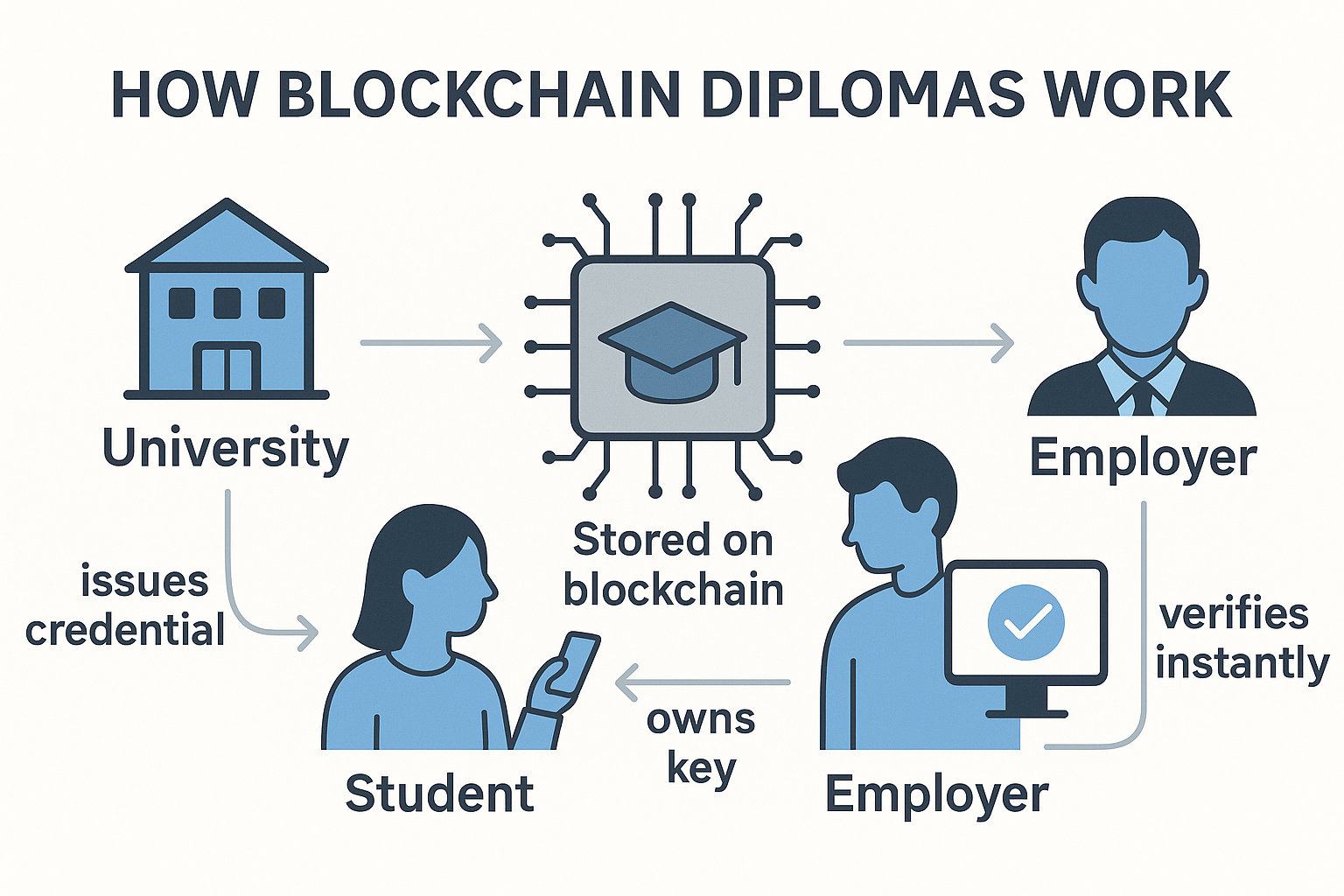
🌐 Real-World Examples: Blockchain in Action
-
MIT launched the Blockcerts project to issue verifiable diplomas via blockchain.
-
University of Nicosia in Cyprus uses blockchain for full academic credentialing.
-
India’s National Academic Depository integrates blockchain for degree authentication.
-
IBM and Learning Machine partnered with governments to roll out verifiable education records in the Philippines and Malta.
These initiatives prove that blockchain is not a fantasy—it's already being tested and scaled.
⏳ Why Now? The Timing Is Right
Several converging factors make blockchain diplomas especially relevant today:
-
Global mobility: Students and workers increasingly cross borders.
-
EdTech boom: Microcredentials, MOOCs, bootcamps—none fit old bureaucratic models.
-
Diploma fraud: Fake degrees are rampant, especially online.
-
Decentralization ethos: More institutions (and learners) want open standards, not black boxes.
🔄 What Will Change?
If blockchain becomes widespread in credentialing, we’ll likely see:
| Current System | Blockchain System |
|---|---|
| Weeks to verify | Seconds to verify |
| Paper/centralized storage | Decentralized, user-owned |
| Easy to forge | Cryptographically secure |
| Limited access | Global, real-time |
🧭 Future Outlook: What's Next?
Blockchain diplomas may soon be part of broader digital identities—a verified resume of everything from language courses to leadership training, stored securely and updated throughout your life.
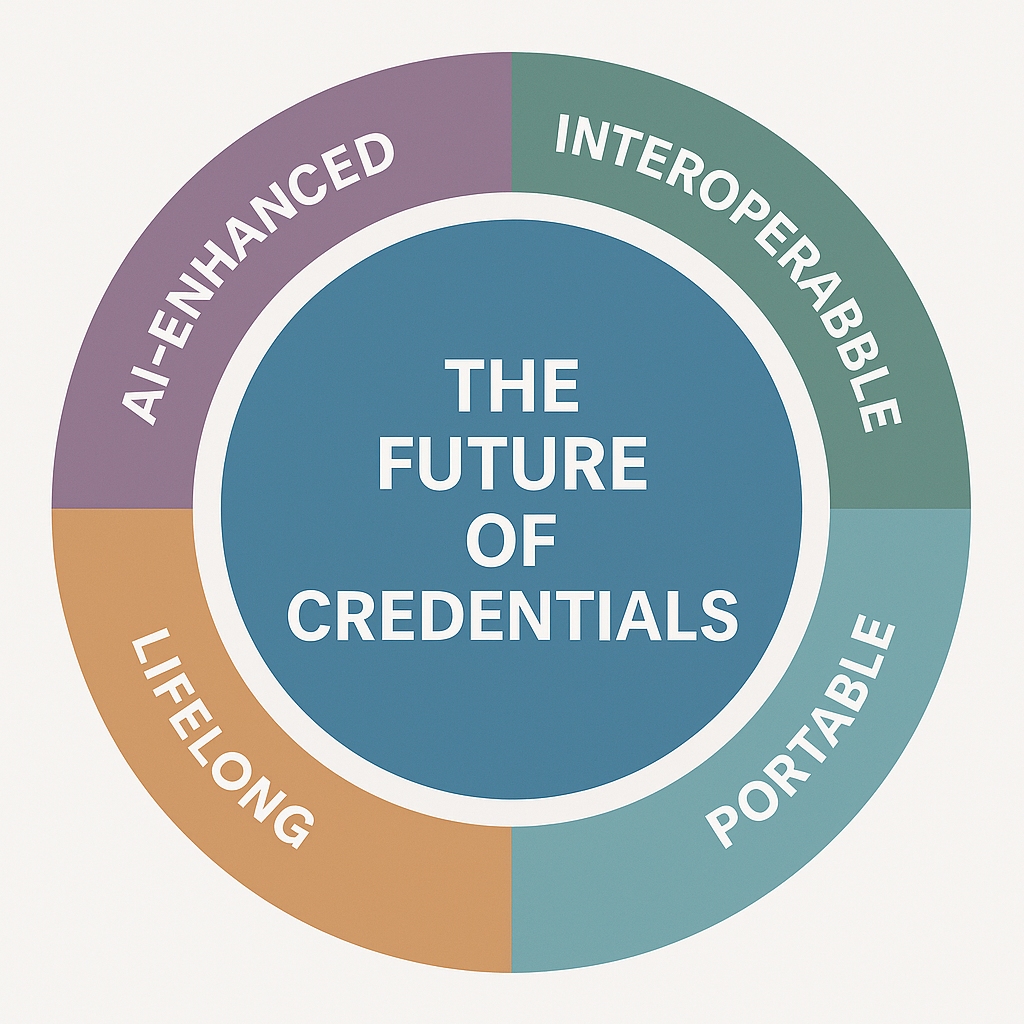
🎓 Final Thought: Trust Without Friction
As education becomes more global, more digital, and more diverse, we need credentials that are just as dynamic. Blockchain doesn’t just secure data—it redefines trust. By giving learners ownership of their academic records, we move toward a world where proving what you know is instant, secure, and universally recognized.
In the age of AI and lifelong learning, that might be the smartest credential of all.

